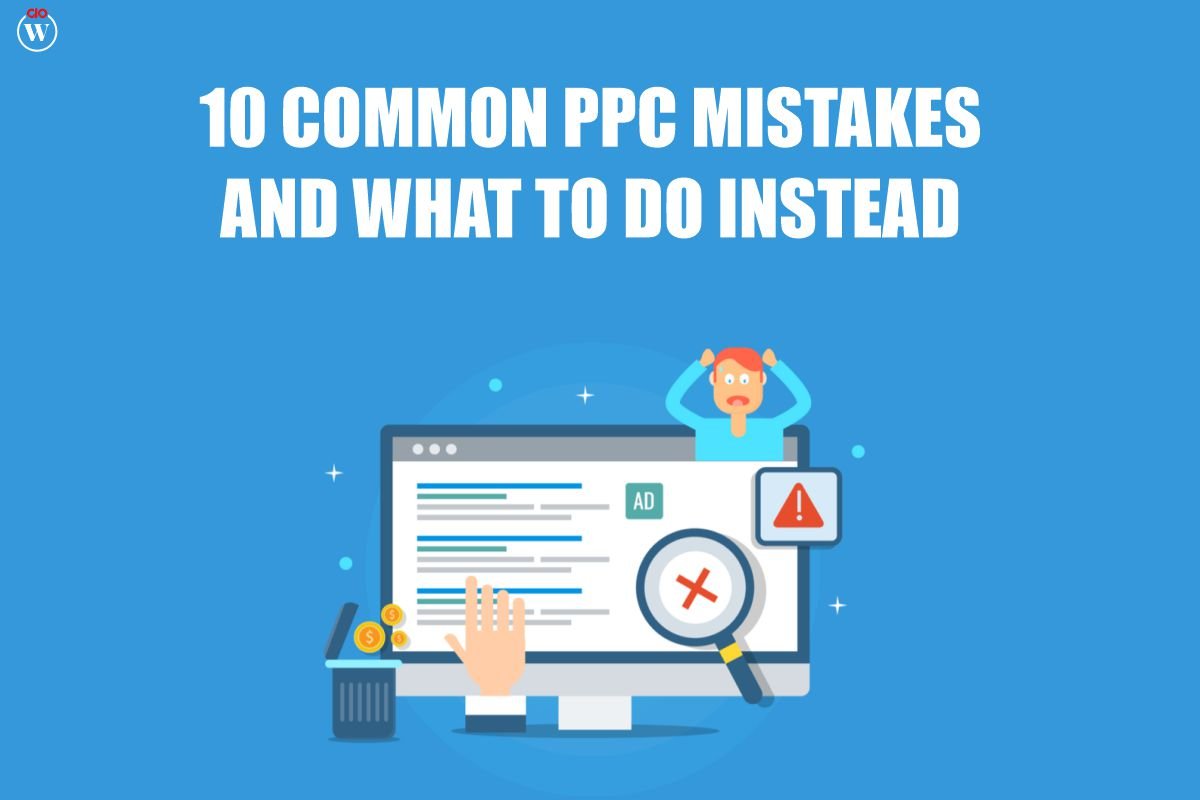General Motors Co. (GM) has made a significant move by increasing its wage increase offer to 20%, up from the previously criticized 18% hike. This adjustment came after United Auto Workers (UAW) President Shawn Fain expressed dissatisfaction with the initial offer during a Wednesday Facebook Live session. GM’s goal with this improved offer is to prevent any potential work stoppages at its plants, and it was presented in a new economic proposal to the UAW just hours before the contract expiration set for 11:59 p.m.
CEO Mary Barra Presents the Revised Offer
In an effort to communicate the details of the enhanced offer, GM’s CEO Mary Barra addressed the manufacturing team and provided insights into the proposal. This development took place during face-to-face negotiations held at the UAW’s Solidarity House headquarters in Detroit. Barra emphasized the significance of this moment, stating that General Motors is at a crossroads in its journey to build a sustainable future for all involved. She described the offer as “compelling and unprecedented.”
UAW’s Response and Ongoing Negotiations
In response to GM’s latest proposal, UAW President Shawn Fain issued a statement on Thursday afternoon. While the UAW is actively reviewing GM’s revised offer, Fain expressed his desire for GM to have taken bargaining more seriously six weeks ago instead of waiting until the eleventh hour. This development follows Fain’s criticism of offers from not only General Motors but also Ford Motor Co. and Stellantis NV during the Wednesday online event with union members.
GM’s new offer includes a 20% wage increase over the duration of the agreement, with an immediate 10% boost in the first year. The automaker also committed to raising temporary workers’ wages to $20 per hour and halving the time it takes for employees to reach the top wage, down to four years. These promises align with the commitments discussed during Fain’s Wednesday Facebook Live session.
Meanwhile, the UAW has been steadfast in its demands for double-digit wage increases of up to 46% over four years, along with cost-of-living adjustments and the elimination of the tiered-wage system. Fain has outlined a contingency plan involving targeted plant strikes should tentative agreements not be reached with the automakers before the contract expiration. As negotiations continue, the automotive industry is closely monitoring the outcome of these critical discussions. This move is already grabbing attention and is expected to be a hit in the future as well.









